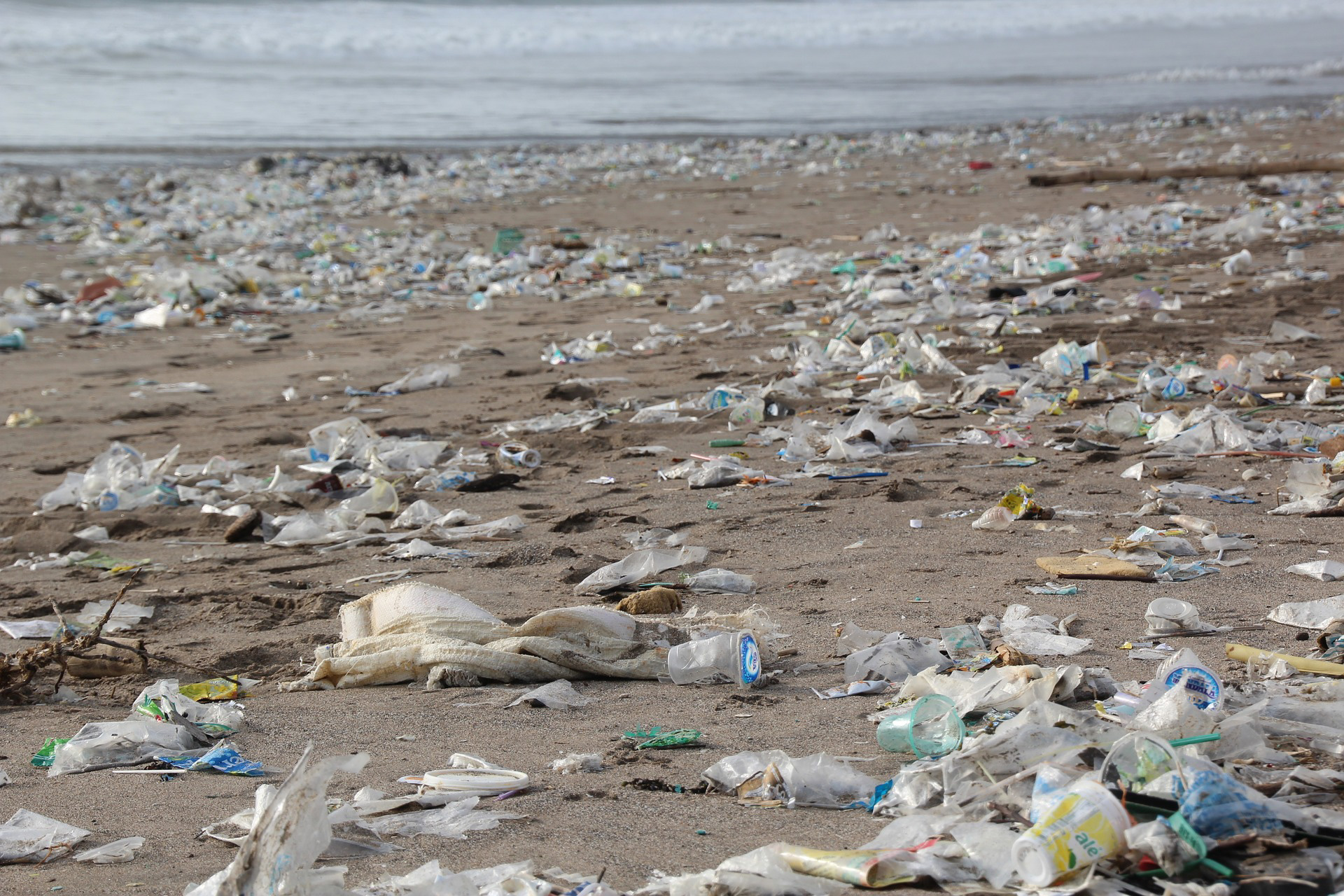By Erin Leitheiser.
Governments play an important role in shaping the roles and responsibilities of business in society.
Promoting responsibility directly and indirectly
Whilst I have previously blogged about how business sometimes leads government in helping promote the public good, this in no way means that governments are not actively seeking to shape and promote responsible business conduct. Governments do this in a variety of ways, and frequently. As such, this post provides an overview of some of the notable policies put into place in just the last few months by governments world over, as well as some reflections about what this means for business responsibility.
Can companies be held liable for climate change?
According to a newly-filed suit, proponents hope that the answer will be “yes”. Following a 3-year investigation of Exxon Mobile, New York’s attorney general is suing the company not for its role in creating climate change (legal theories on these grounds have yet to gain much support) but for defrauding its shareholders by not following through on its promises to factor climate change risks – primarily regulatory and financial – into its business decisions.
Takeaway: Shareholders continue to represent a powerful avenue for legal action, and if successful, this case could break new ground on linking environmental and fiduciary responsibilities.

Single-use plastics banned in Europe
The European Parliament voted for a sweeping ban on single-use plastics – such as straws, cotton swabs, plates and cutlery – due to come into force in 2021. Affected products have “valid alternatives” available and are estimated to represent more than 70% of the plastics polluting our oceans.
Takeaway: If business doesn’t move quickly enough to re-conceptualize products more sustainably, governments will increasingly exercise their power to exclude such products from the marketplace altogether.
Information Accessibility
In India, the Department of Telecommunications recently approved some of the strictest legislation regarding net neutrality, which protects Indians’ rights to have free and fair access to the internet. Providers will not be allowed to prioritize, promote, curtail, throttle or in any other way manipulate users’ access to content. In a de-evolution, the US recently repealed such protections for its residents. Google has increasingly come under fire for Dragonfly, it’s forthcoming censored search engine for the Chinese market.
Takeaway: The manipulation of citizens’ access to information is unethical, even if profitable.
California Leading the U.S. (and the world?)
Over the summer California established ambitious goals for 100% clean electricity and carbon neutrality by 2045. Last month, it became the first state to require publicly-traded companies to include women on the boards of directors. Now in October, the state has signed into law legislation requiring drug stores and hospitals to fund take-back programs to curb the improper disposal of needles and leftover prescription drugs which can lead to accidental poisonings and environmental harms.
Takeaway: State- or other non-federal level governments are sometimes the most nimble in their speed and vision for promoting business responsibility.

NAFTA updated to promote sustainable forestry
Updates to NAFTA – the North American Free Trade Agreement – aim to crack down on illegal logging and promote sustainable forestry. In particular, it hopes to help address the deforestation of the Amazon – happening in large part due to demand by the NAFTA countries – by promoting sustainability within the logging industries of the U.S. and Canada.
Takeaway: By re-structuring the rules of the marketplace, governments can both address sustainability problems (e.g. deforestation) as well as promote more sustainable industry alternatives.

What do businesses think of the ever-changing regulatory environment? While business is typically painted as anti-regulation, this is hardly a universal truth. Companies – particularly the more responsible ones – often want legislation. For example, Apple’s chief executive Time Cook recently spoke to the European Parliament where he warned against the weaponization of personal data, praised Europe’s new GDPR regulations, and called for similar (tougher) regulation in the U.S. as well. (Though it’s worth noting that companies may embrace or eschew responsibilities and legislation on a case-by-case basis; for example, Apple has just been hit with a 10 million Euro fine for its strategy of “planned obsolescence” of its phones).
Governments have and will continue to play an important role in shaping the roles, responsibilities and expectations of business in society.
Erin Leitheiser is a PhD Fellow in Corporate Social Responsibility and Sustainability at Copenhagen Business School. Her research interests revolve around the changing role and expectations of business in society. Prior to pursuing her PhD, she worked as a CSR manager in a U.S. Fortune-50 company, as well as a public policy consultant with a focus on convening and facilitating of multi-stakeholder initiatives. She is supported by the Velux Foundation and is on Twitter as @erinleit.
Photos by: Jason Blackeye on Unsplash, and from pixabay.
